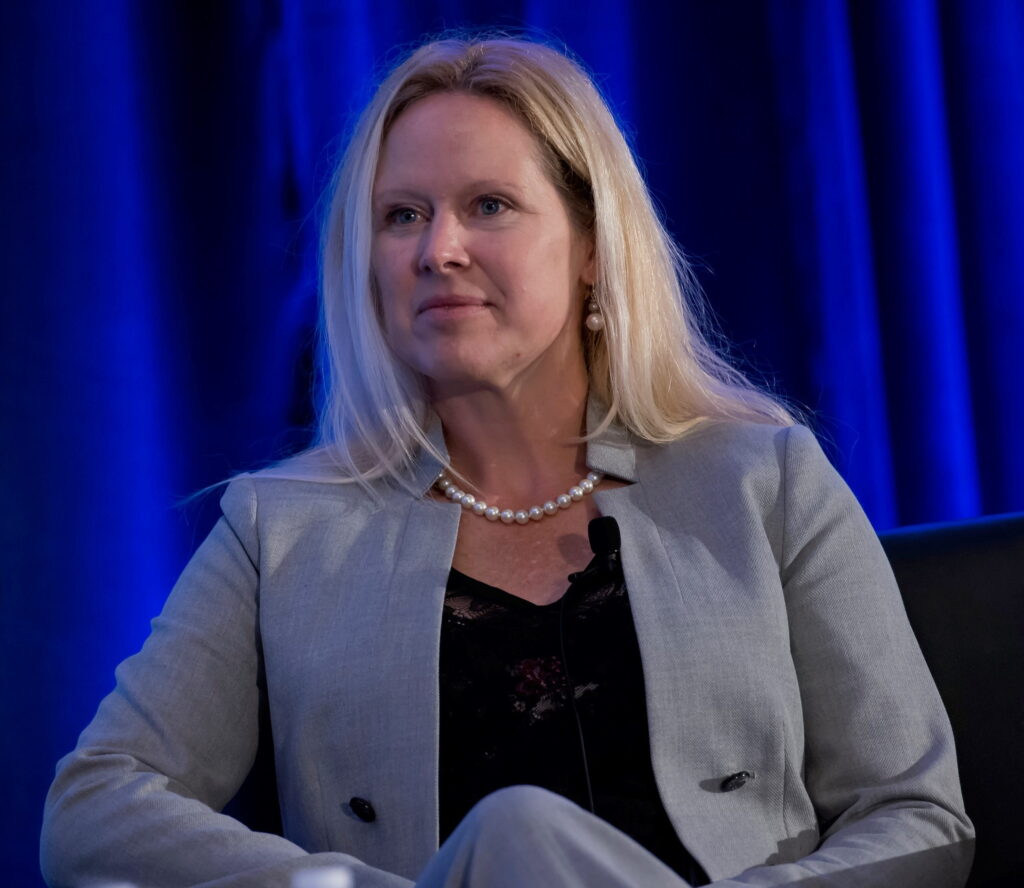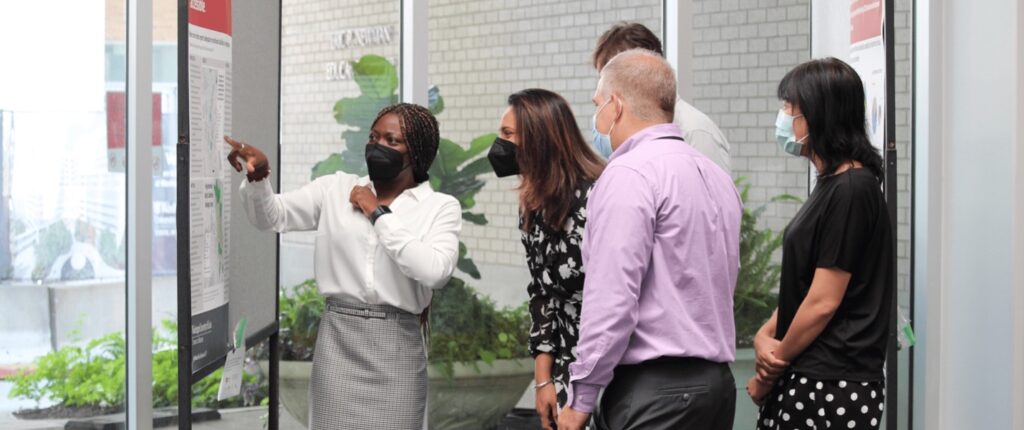International partnerships are creating opportunities for cross-cultural informatics training and workforce development.
The Institute for Informatics, Data Science and Biostatistics (I²DB) at Washington University in St. Louis is sharing its expertise on an international stage. Informatics workshops give students and faculty both here and abroad the opportunity to gain valuable insights into foreign healthcare systems, informatics practices and research.

To that end, I²DB has ongoing collaborations with two highly respected global institutions: the Universidad del Desarrollo (UDD) in Santiago, Chile, and Fudan University in Shanghai, China. UDD boasts a top-ranked medical school and is home to the Center for Innovation and Research in Biomedical Informatics. Fudan University is a leader in China’s business management education and a long-time Executive MBA partner of the Washington University Olin School of Business.
“We have proactively sought out international partners who we have an existing relationship with, either at the university level or with research or education efforts,” says Dr. Randi Foraker, Director of I²DB’s Center for Population Health Informatics and Professor of Medicine within the Division of General Medical Sciences at Washington University in St. Louis. “By providing the workshops on site at that university, we strengthen those institutional relationships around shared research and education goals.”
With its international programming, I²DB anticipates that students, faculty and industry professionals will benefit from the sharing of international healthcare system perspectives, tools and methodologies.
“When we’re training informaticians we need to keep in mind that they won’t be working in silos. There’s a real focus moving forward on these tools and methodologies being interoperable and being useful to groups outside your own, whether that be a working group or a team of scientists. No longer are we successful if we can develop a one-off solution to a problem; it really has to be generalizable. And so, the ability to think bigger and to be able to gain the perspectives from experts in your field from other countries is invaluable.”
Dr. Randi Foraker
